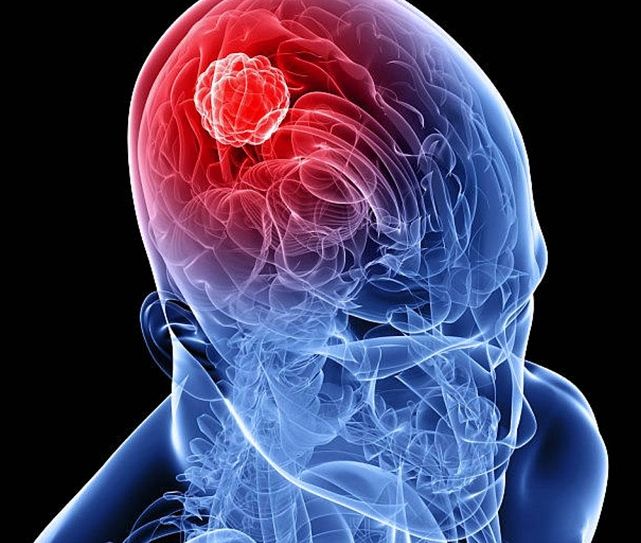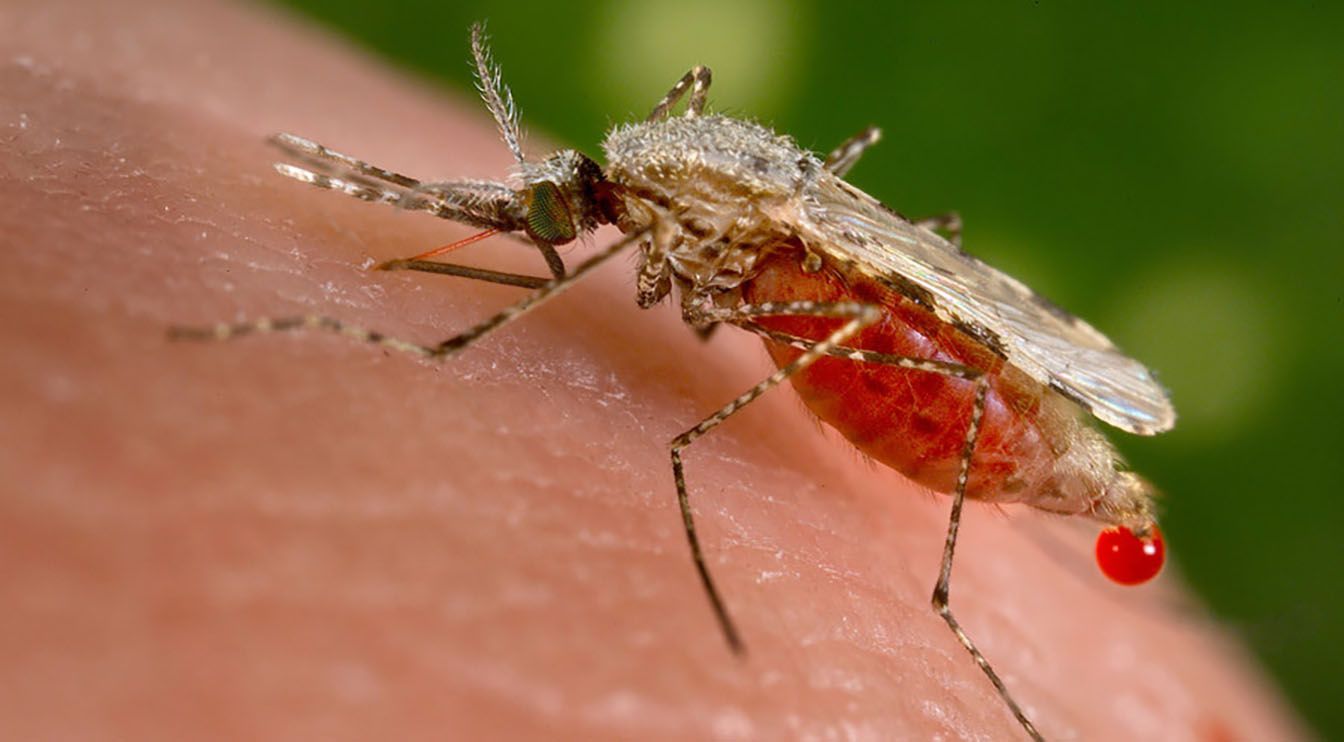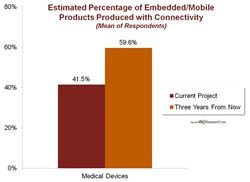Jan 31, 2016
Elon Musk identifies electric aircraft, genetics and neuron scale brain computer interfaces as high potential technologies
Posted by Klaus Baldauf in categories: biotech/medical, computing, cyborgs, Elon Musk, genetics, neuroscience, space travel, sustainability
Elon Musk, CEO of Space Exploration Technologies (SpaceX) and Tesla Motors, Inc, was at Startmeup Hong Kong and talked about what he thought were areas of technological opportunity.
At 37 minutes into this video Elon Musk talks about high potential technology like Hyperloop which he currently does not have time to address electric aircraftgenetics is thorny but is our best shot at many tough diseasesbrain computer interfaces at the neuron level has potential for intelligence augmentationNeural Lace was mentioned.
Scientists from China and the US have found a pioneering way to inject a tiny electronic mesh sensor into the brain that fully integrates with cerebral matter and enables computers to monitor brain activity.

















